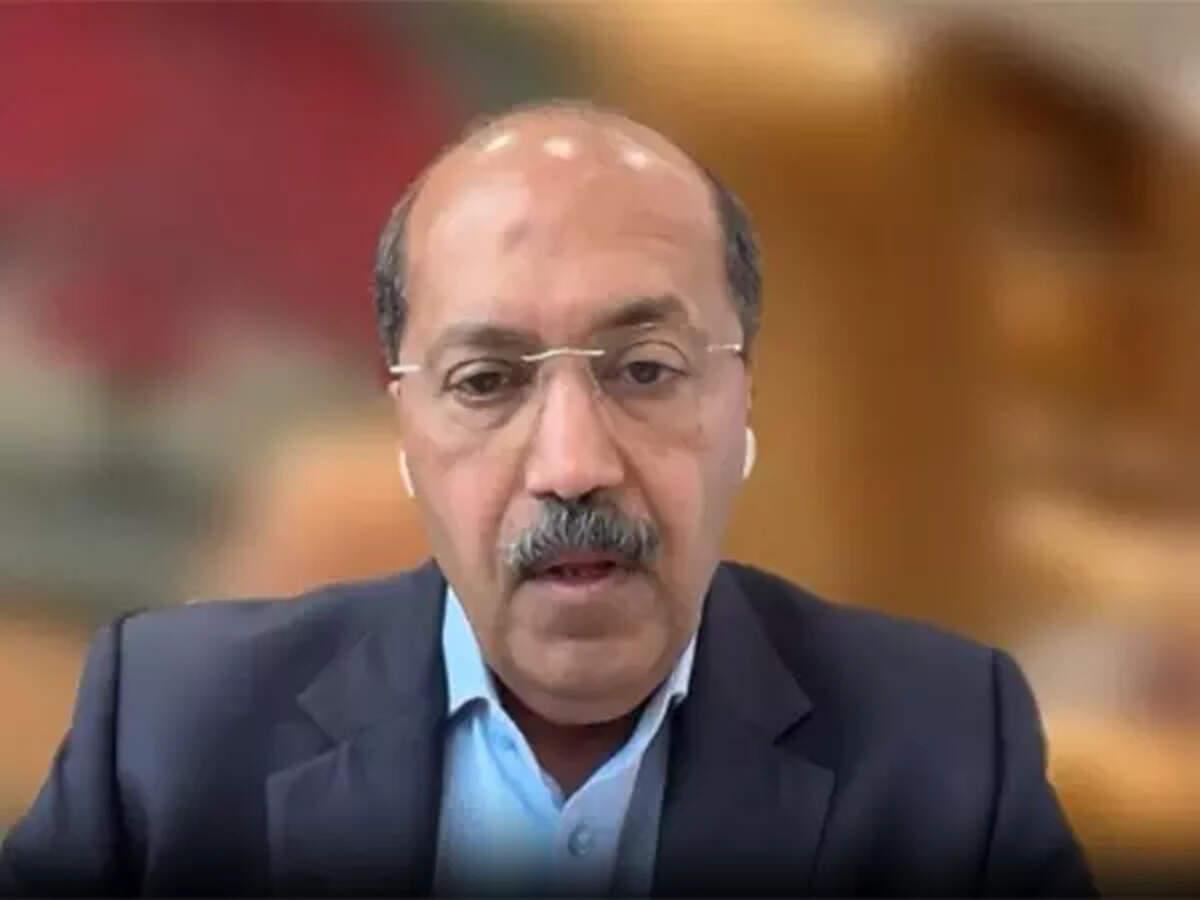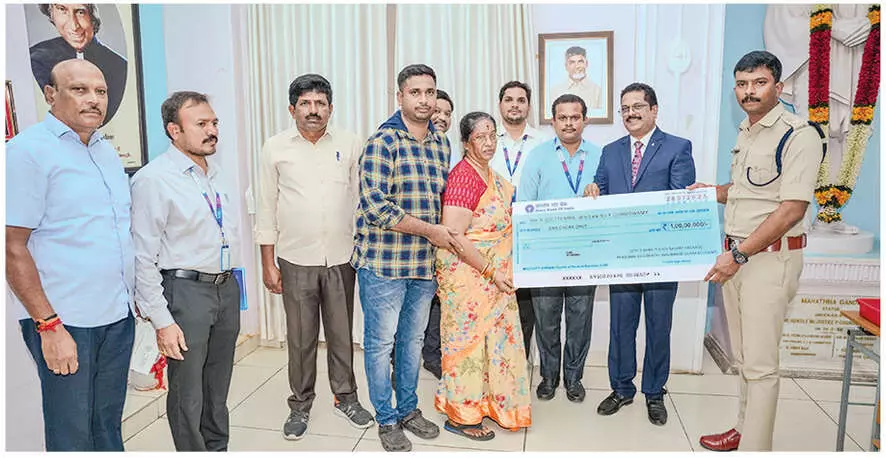 Image Source: Economic Times
Image Source: Economic Times
Key Highlights
Sanjay Nayar, President of ASSOCHAM (Associated Chambers of Commerce and Industry of India), emphasized the critical need for the Indian private sector to increase its contribution toward national economic growth, highlighting that the government has already undertaken much of the foundational work
He recognized the government’s major role in building infrastructure, creating reforms, and setting a conducive policy environment that has laid the basis for sustainable development and industry expansion
Nayar called for enhanced private sector investment, innovation, and entrepreneurship to accelerate India’s trajectory towards becoming a developed economy with multi-fold improvement in per capita income
He expressed optimism about India’s economic prospects but stressed that the private sector must now “step up” actively in sectors such as manufacturing, technology, MSMEs, and exports to realize the ambitious growth targets
The ASSOCHAM President underscored the synergies required between public initiatives and private enterprise to capitalize on emerging opportunities in digitization, green energy, infrastructure, and startups
Sanjay Nayar lauded government schemes like Startup India, production-linked incentives (PLIs), and infrastructure development, viewing these as platforms primed for private participation to unleash growth and job creation
He highlighted ongoing challenges including credit accessibility, skill development, and technology adoption that the private sector needs to address responsibly alongside policy support
The private sector was urged to harness cutting-edge technologies such as AI, automation, and digitization to enhance competitiveness and contribute meaningfully to India’s global economic standing
He reiterated ASSOCHAM’s commitment to act as a catalyst in promoting collaboration among industry, government, academia, and civil society for inclusive and sustainable economic progress
Government’s Foundation-Laying Role
Indian government efforts over recent years have centered on reforming multiple sectors via structural policies, ease-of-doing-business enhancements, infrastructure investments, and export promotion frameworks. Significant achievements include:
Nationwide rollout of GST simplifying indirect taxation and boosting compliance
Implementation of Vehicle Scrapping Policy to phase out polluting vehicles
Initiatives like Digital India enhancing connectivity and service delivery
Strategic trade deals such as the India-UK Free Trade Agreement elevating export potentials
Supportive schemes fueling MSMEs and startups which form the backbone of the Indian economy
Nayar acknowledges these steps as foundational heavy lifting that removed bottlenecks, facilitated market reforms, and created enabling conditions that private enterprise can now exploit.
Private Sector’s Crucial Contribution Going Forward
Nayar stresses that to achieve visionary national goals such as becoming a $10 trillion economy, multiplier growth in jobs, and technological self-reliance, private businesses must:
Increase investment in manufacturing capacity and innovation labs to reduce import dependence and boost exports
Accelerate adoption of AI, Industry 4.0 processes, and renewable energy solutions
Focus on upskilling the workforce to meet global standards and emerging sectoral demands
Strengthen startups by fostering ecosystems rich in mentorship, funding, and market access
Facilitate inclusive growth by expanding into underserved regions and fostering rural entrepreneurship
Collaborate with government on policy feedback loops and public-private partnerships to ensure holistic development
Challenges and Opportunities
While the policy environment is favorable, certain challenges hamper private sector growth:
Access to affordable and timely credit remains uneven, particularly for MSMEs
Skill gaps limit effective technology utilization and productivity gains
Infrastructure bottlenecks in logistics and energy impact operational efficiency
Competition globally demands sustained innovation and quality standards enhancement
However, Nayar views these challenges as opportunities for market solutions and strategic partnerships that ASSOCHAM is keen to support.
ASSOCHAM’s Role as Industry Facilitator and Policy Partner
Under Nayar’s leadership, ASSOCHAM is committed to:
Bridging dialogue between government and industry stakeholders for responsive policymaking
Promoting digital transformation and sustainability among MSMEs and startups
Organizing knowledge platforms and events to disseminate best practices and foster innovation
Supporting skill development initiatives aligned with industry needs
Conclusion
Sanjay Nayar’s clarion call underscores a pivotal phase in India’s development where the government’s foundational efforts set the stage, but the private sector’s dynamism, investment, and innovation are indispensable to realize the nation’s full economic potential. By stepping up responsibility, embracing technology, and collaborating closely with public initiatives, Indian businesses can accelerate growth, create jobs, and propel India towards developed country status in the coming decades.
Sources: Economic Times
Advertisement
STORIES YOU MAY LIKE
 Image Source: The Revel Collective
Image Source: The Revel Collective
 Image Source: Investor Meet Company
Image Source: Investor Meet Company
Advertisement







